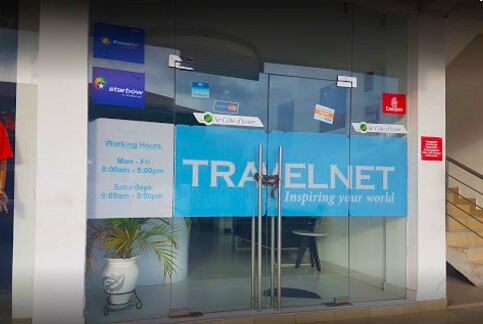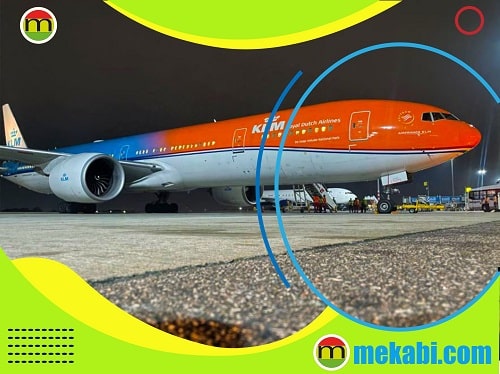The Ministers In Ghana: The 16 Regions And Their Ministers In Ghana
Ghana, located in the Western part of Africa, operates as a democratic state characterized by a decentralized government, adherence to the rule of law, and a constitution that delineates the structures of governance.
With the aim of ensuring effective governance, the country is divided into 16 regions, each under the purview of a regional minister.
These ministers play a pivotal role in overseeing the comprehensive development of their respective regions.
In this article, we delve into a detailed examination of the sixteen regional ministers in Ghana, shedding light on the specific regions they preside over.
Additionally, we will provide insights into the responsibilities shoulder by these ministers. Stay tuned for a comprehensive overview that extends to the very end.
The Ministers In Ghana: The 16 Regions And Their Ministers In Ghana.
The Ashanti Region – Hon. Simon Osei Mensah
The Ashanti Region, positioned in the central part of Ghana, stands as one of the most populous regions in the country.
Heading the regional affairs is Hon. Simon Osei Mensah, who assumed the role of regional minister in 2017 following his appointment by Nana Addo.
The Brong Ahafo Regio – Hon. Evans Opoku Bobie.
Situated in the middle belt of Ghana, the Brong Ahafo Region is notable for its strategic location. At the helm of regional governance is Hon.
Evans Opoku Bobie, who took office as the regional minister in 2017 following his appointment.
The Central Region – Hon. Kwamena Duncan
The Central Region of Ghana is found in the south-central part of Ghana. The Regional Minister for this region is Hon. Kwabena Duncan. He was appointed in 2017.
The Eastern Region – Hon. Eric Kwakye Darfour
Positioned in the southern part of Ghana, the Eastern Region holds a significant place in the country.
Responsible for overseeing the region’s development is Hon. Eric Kwakye Darfour, who assumed the role of regional minister in 2017 following his appointment.
The Greater Accra Region – Hon. Henry Quartey.
Occupying the southern part of Ghana, the Greater Accra Region is the smallest in the country. Hon. Henry Quartey spearheads the region’s affairs, having assumed the role of regional minister in 2021 following his appointment.
The Northern Region – Hon. Shani Alhassan Saibu
Nestled in the northern part of Ghana, the Northern Region holds a distinct place in the country.
Tasked with overseeing the region’s development is Hon. Shani Alhassan Saibu, who assumed the role of regional minister in 2017 following his appointment.
The Upper East Region – Hon. Stephen Yakubu
Located in the northeastern part of Ghana, the Upper East Region boasts its unique characteristics. Leading the region’s initiatives is Hon.
Stephen Yakubu, who took on the role of regional minister in 2017 following his appointment.
The Upper West Region – Hon. Hafiz Bin Salih.
Situated on the northwestern side of Ghana, the Upper West Region is known for its distinctive features.
At the helm of regional affairs is Hon. Hafiz Bin Salih, who assumed the role of regional minister in 2017 following his appointment.
The Volta Region – Hon. Archibald Yao Lesta
Located in the eastern part of Ghana, the Volta Region holds a special place in the country. Leading the region’s development initiatives is Hon.
Archibald Yao Lesta, who assumed the role of regional minister in 2017 following his appointment.
The Western Region – Hon. Kwabena Okyere Darko Mensah
Positioned in the southwestern part of the country, the Western Region is known for its unique characteristics.
Overseeing the region’s affairs is Hon. Kwabena Okyere Darko Mensah, who took on the role of regional minister in 2017 following his appointment.
The Bono Region – Hon. Justina Owiusu Banahene.
Situated in the central part of the country, this region holds a significant place in Ghana. Leading the regional initiatives is Hon.
Justina Owusu Banahene, who assumed the role of regional minister in 2019 following her appointment.
The Ahafo Region – Hon. Benjamin Yeboah Sekyere.
Carved in 2019, this region holds a central position in Ghana. At the helm of its regional affairs is Hon.
Benjamin Yeboah Sekyere assumed the role of regional minister in the same year following his appointment.
The Savannah Region – Hon. Saeed Muhazu Jibril
Established in 2019, this region finds its place on the northern side of Ghana. Leading the region’s development is Hon.
Saeed Muhazu Jibril assumed the role of regional minister in 2019 following his appointment.
The North East Region – Hon. Yidana Zakaria.
This administrative division, established in 2019, is situated in the northeastern part of the country. The appointment of the regional minister took place in the same year, marking the inception of this important governance structure.
The Oti Region – Hon. Joseph Makubu
This region, incorporated in 2019, is situated in the eastern part of Ghana. The honorable Joseph Makubu assumed the role of the regional minister in the same year, overseeing the development and governance of this newly established area.
The Western North Region – Hon. Richard Obeng
Established in 2019, this region is located on the western side of Ghana. The esteemed Honorable Richard Obeng assumed the position of regional minister in the same year, playing a crucial role in the administration and progress of this region.
Here Are All The Regional Ministers In All The 16 Regions In Ghana With Their Year Of Appointment
| Region | Name | Year Of Appointment |
| Ashanti | Simon Osei Mensah | 2017 |
| Ahafo | George Boakye | 2019 |
| Bono East | Upper East | 2019 |
| Bono | Justina Owusu Banahene | 2019 |
| Eastern | Seth Acheampong | 2017 |
| Central | Justina Marigold Assan | 2017 |
| North East | Yidana Zakaria | 2019 |
| Greater Accra | Henry Quartey | 2017 |
| Oti | Joseph Makunu | 2019 |
| Northern | Shani Saibu Alhassan | 2017 |
| Dr. Archibald Yao Letsa | Stephen Yakubu | 2017 |
| Savannah | Saeed Muhazu Jibril | 2019 |
| Volta | Dr. Archibald yao Letsa | 2017 |
| Upper West | Dr. Hafiz Bin Salib | 2017 |
| Western North | Richard Obeng | 2019 |
| Western | Kwabena Okyere Darko Mensah | 2017 |
It’s essential to emphasize that each regional minister holds the significant responsibility of fostering development within their designated regions.
Collaborating closely with traditional leaders and government officials, they diligently identify prevalent issues and formulate comprehensive plans to address them.
This collaborative effort aims to meet the diverse needs of the people, ensuring sustainable growth and prosperity in their respective regions.
Key Responsibilities Of The Regional Ministers In Ghana
The roles assigned to regional ministers in Ghana encompass a diverse range of responsibilities crucial for the well-being and progress of their respective regions:
- Development Oversight: Regional ministers play a pivotal role in ensuring overall development by implementing programs and policies that foster growth and advancement within the region.
- Peace, Security, and Stability: Collaborating closely with traditional leaders and security agents, regional ministers work diligently to maintain peace, security, and stability, creating a conducive environment for growth and prosperity.
- Provision of Basic Amenities: Regional ministers are tasked with ensuring the availability of essential amenities, including healthcare, education, and an ample water supply, to meet the basic needs of the residents in their regions.
- Job Opportunities: An integral part of their responsibility involves working towards the creation of sufficient job opportunities within the region, contributing to economic development and improving livelihoods.
These duties, among others, underscore the commitment of regional ministers to enhancing the overall quality of life for the people they serve.
Conclusion
The pivotal role of regional ministers in driving the development of Ghana cannot be overstated.
Working in close collaboration with government officials and traditional leaders, these ministers serve as catalysts for progress in each of the sixteen regions.
The unique responsibility assigned to each regional minister involves overseeing the development and fostering peace within their designated regions.
By ensuring that every region experiences growth, these ministers collectively contribute to the overall development of the entire country.
In our article, we delve into specific details, providing information on the names of regional ministers in Ghana, their respective regions, and a comprehensive exploration of their responsibilities.
This holistic approach highlights the interconnectedness of regional development, emphasizing that the success of each region contributes to the collective advancement of the entire nation.
You can also check out our Ghana-related articles:
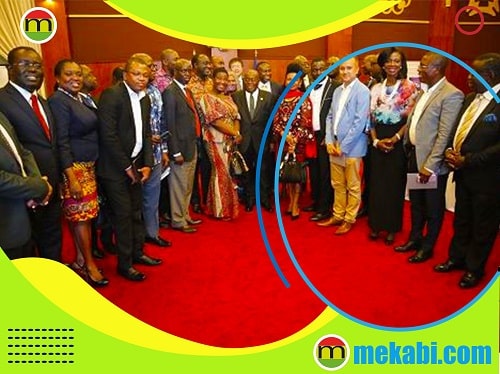

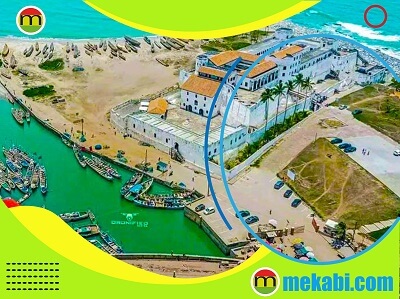
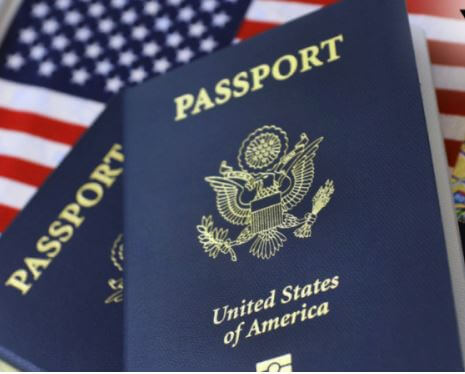
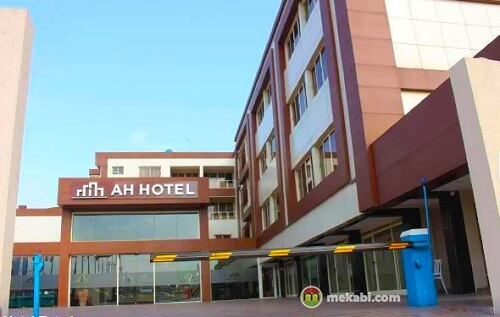


![5 Best Apartments in East Legon [Our Top Picks]](https://mekabi.com/wp-content/uploads/2022/10/The-Gallery.jpg)

